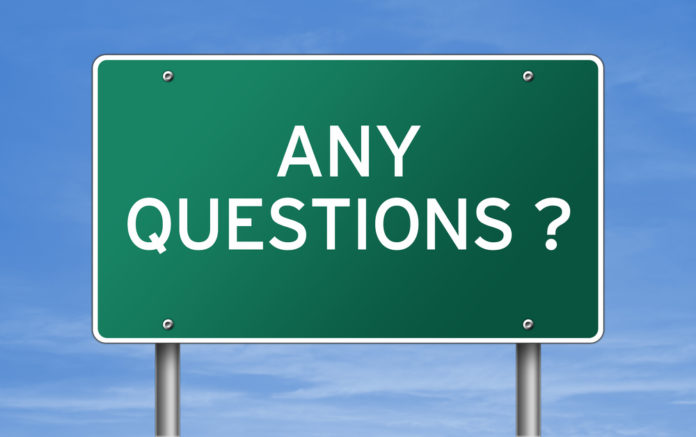Protest is dismissed as untimely. The protester and the agency had three rounds of communications after award but before the protest was filed. The protester argued that each round of communications continued the debriefing and extended the protest deadline. GAO, however, found that the debriefing unequivocally concluded after the second round of communications. While the agency voluntarily engaged in an additional round, those communications did not extend the protest deadline.
Background
The Army awarded a contract for barracks renovation to Blinderman Construction. The Army notified an unsuccessful offeror, K&K Industries of the award on September 28, 2021, and provided K&K with an initial debriefing on October 13. The debriefing stated that K&K would receive a copy of the redacted source selection decision and further provided that if no further questions were asked after receipt of the decision, the debriefing would conclude.
K&K received a redacted awarded decision on October 22, and three days later sent follow-up questions to the Army. The Army responded to the questions on November 17. That response stated, “[t]this concludes your written debriefing” and did not invite any further questions.
Still, on November 19, K&K sent additional questions. The agency responded to the second round of questions on November 23. The agency stated any additional questions must be sent by December 21, but the response also stated that the response concluded the debriefing.
K&K sent a third round of questions on December 13. The agency responded to the third round. Thereafter, on December 20, K&K protested. GAO asked the parties to submit briefs on whether it should dismiss the protest as untimely.
Legal Analysis
Generally a protest must be filed within 10 days of when a debriefing is held. For enhanced DOD debriefings, GAO considers the 10 day period to begin once the debriefing has concluded. Enhanced debriefings typically conclude after one round of questions and answers. When an agency voluntarily answers additional rounds of post-debriefing questions after a concluded debriefing, the protest deadline is not extended.
GAO determined that the debriefing concluded after the second agency response to questions on November 23. That second response contained a clear unambiguous statement that the debriefing had concluded. Unlike the concluding statement in the first response, the concluding statement in the second response was not conditioned on the receipt of additional questions. Thus, the protest was due within 10 days of November 23. The December 20 protest was too late.
K&K argued that the agency’s third response to debriefing questions retroactively created an ambiguity in the second response, and this ambiguity reopened the debriefing. GAO rejected this argument reasoning that an agency cannot revive a protest that is already untimely. Between the November 23 second response and the December 13, third response, the ten-day protest had already passed. The protest was dead. The third response could not resuscitate it.
\K&K is represented by Samuel S. Finnerty, Katherine B. Burrows, Meghan F. Leemon, and Anna R. Wright of PilieroMazza PLLC. The intervenor, Blinderman Construction, is represented by John E. Jensen, Aaron S. Ralph, and Ariella Cassell of Pillsbury Winthrop Shaw Pittman LLP. The agency is represented by Jennifer A. Spangler, and Thomas J. Warren of the Army. GAO attorneys David A. Edelstein, Alexander O. Levine, and Evan C. Williams participated in the preparation of the decision.




